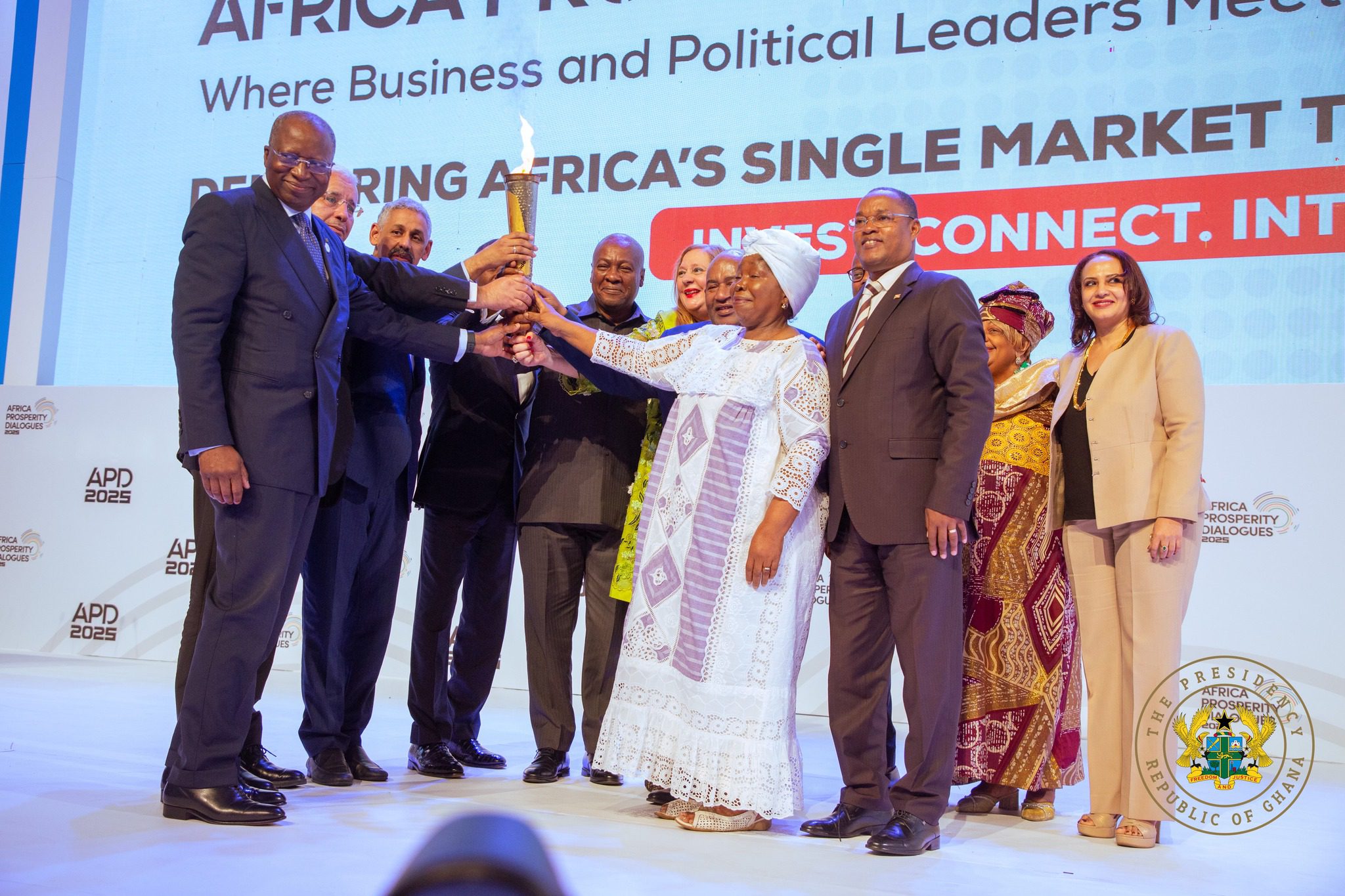
African policymakers and business leaders must move beyond rhetoric and implement decisive measures to fully harness the African Continental Free Trade Area’s (AfCFTA) vast economic opportunities, industry leaders urged during a high-level forum in Accra.
The event, hosted by the Stellenbosch Business School Alumni Association Ghana Chapter, underscored the urgent need to bridge infrastructure gaps, boost digital readiness, and integrate informal sector players to accelerate intra-African trade.
Despite the AfCFTA’s creation of a potential $3.4 trillion market serving 1.3 billion people, intra-African trade remains stuck at roughly 15% of total trade — far below Europe’s 60-70% levels. Panelists warned that without immediate action, the trade pact risks falling short of its transformative promise.
Unilever Ghana’s Chris Wulff-Caesar stressed that building consumer trust and competitiveness in African-made products, rather than simply aligning policies, will drive real change. “Competitiveness and consumer trust, not just policy alignment, will deliver progress,” he said.
Fidelity Bank’s Nana Esi Idun-Arkhurst highlighted the vulnerability of micro, small, and medium-sized enterprises (MSMEs), particularly those led by women and youth. “Without targeted support, the agreement risks excluding the continent’s economic backbone,” she warned.
Academia and industry also weighed in on structural barriers. Professor Samuel Bonsu noted that colonial-era legacies still undermine confidence in African production, while digital strategist Ekow Thompson called for purpose-built platforms to help SMEs expand cross-border operations.
Legal consultant Brenda Semevo Afari added that inconsistent tariff regimes and weak governance threaten to keep AfCFTA’s benefits “purely theoretical.”
The panel’s consensus was clear: unlocking AfCFTA’s full potential demands coordinated investment in physical and digital infrastructure, streamlined trade processes for informal enterprises, and a cultural shift toward prioritizing African solutions.
“Africa doesn’t lack talent – we lack systems to harness it continentally,” remarked Stellenbosch alumnus Lawrence Okine, underscoring the call for bold, collective action to turn AfCFTA from a vision into a driver of growth.



